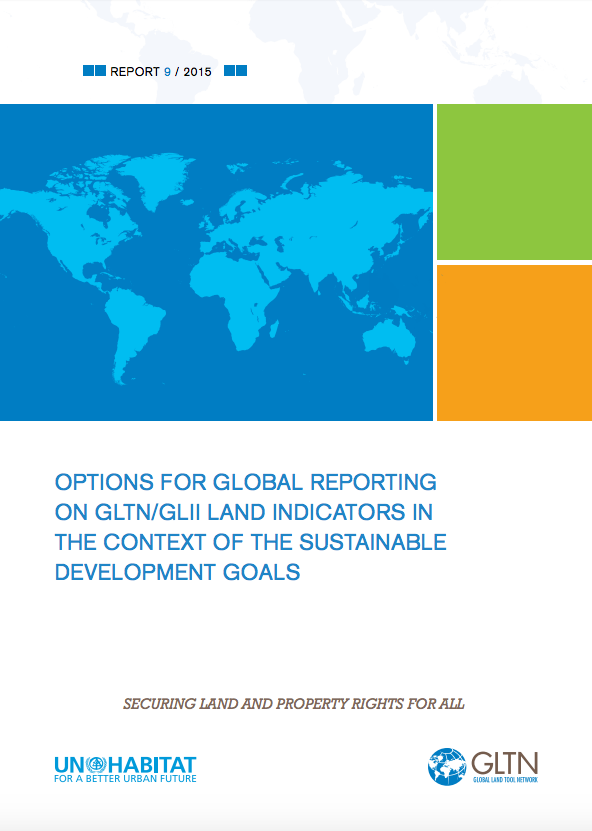This book is a challenge to those who see the drylands as naturally vulnerable to food insecurity and poverty.
It argues that improving agricultural productivity in dryland environments is possible by working with climatic uncertainty rather than seeking to control it – a view that runs contrary to decade of development practice in arid and semi-arid lands.
Across China, Kenya and India – and most other dryland countries – family farmers and herders relate to the inherent variability of the drylands as a resource to be valued, rather than a problem to be avoided.







